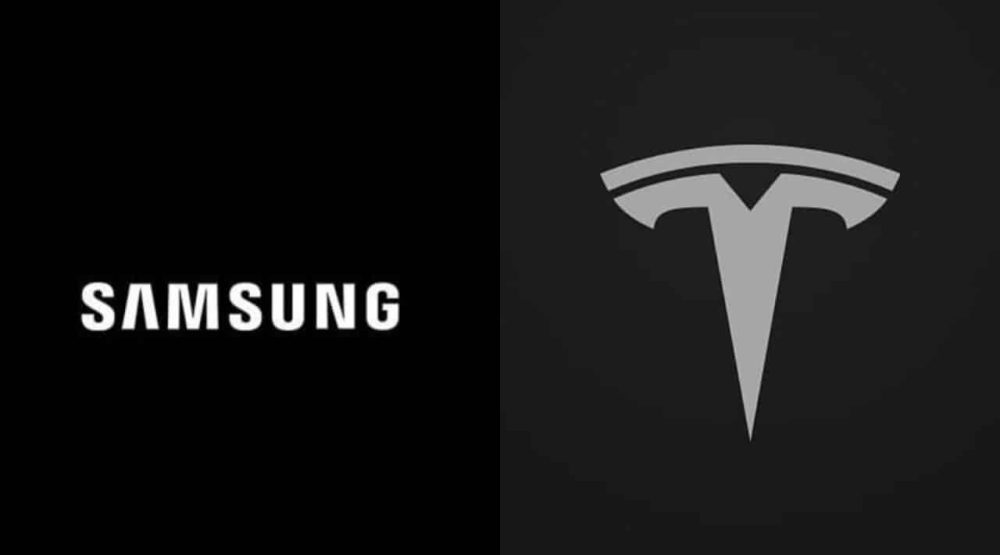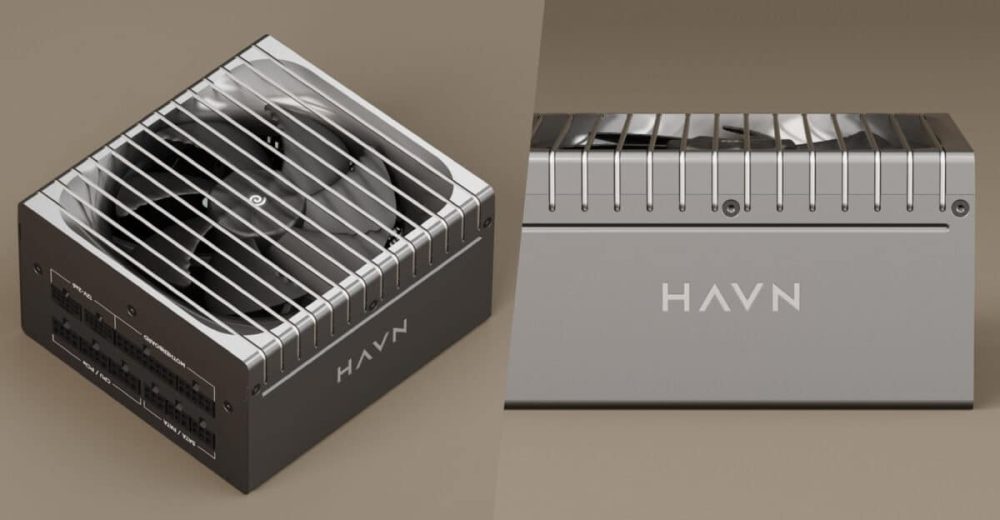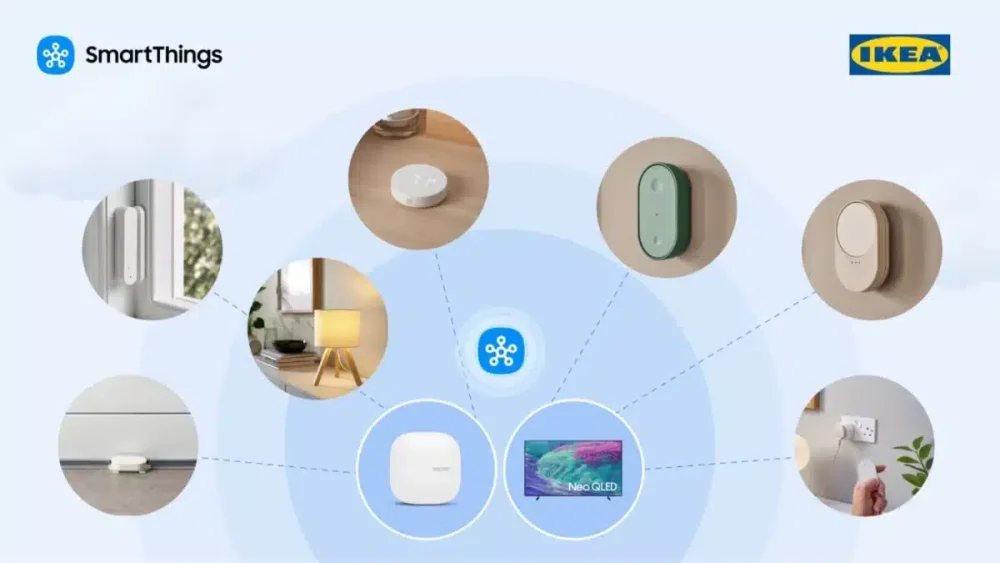In a bold move signaling a deeper dive into AI autonomy, Tesla and Samsung have signed a landmark $16.5 billion agreement for the production of next-generation AI chips at Samsung’s Taylor, Texas facility.
A Deal Beyond Supply: Strategic Synergy
Tesla’s collaboration with Samsung goes far beyond traditional supplier-client arrangements. Industry analysts view the move as a deliberate strategy to bolster Tesla’s credibility in AI, self-driving technology, and chip innovation.
“This is more than a supply deal. It’s a strategic brand decision,” said Lorenzo Coruzzi, director at Brand Finance. Tesla has faced ongoing scrutiny, from delays in full self-driving to leadership controversies. Aligning with Samsung, a globally trusted chipmaker, signals a renewed commitment to scale AI ambitions and secure the company’s technological roadmap.
For Samsung, the agreement marks a significant win. After losing major contracts to TSMC, this long-term deal strengthens its position in the competitive chip foundry market. “It’s a high-profile win that strengthens Samsung’s credibility and positions it alongside one of the most influential players in AI and robotics,” Coruzzi added.
Why Samsung, Why Texas?
The chips, designated as AI6, will be produced at Samsung’s Taylor facility, strategically located just 35 miles from Tesla’s Gigafactory in Austin. This proximity offers Tesla a more streamlined supply chain, faster iteration cycles, and lower geopolitical risk compared to Taiwan-based TSMC.
“Samsung’s Texas fab provides a geographic and political hedge,” said Edward Sanchez of TechInsights. “It reduces Tesla’s exposure to potential supply disruptions tied to Taiwan-China tensions.”
Musk emphasized these practical advantages, even noting on X, “The fab is conveniently located not far from my house.”
Taking Control of the AI Stack
The Tesla-Samsung partnership also reflects a broader trend: Tesla’s determination to control its full AI stack, from software to silicon.
“This isn’t just about chips,” noted EpicVIN’s CMO Alex Black. “It’s about who owns the entire stack — hardware, software, energy, and now, compute. Tesla is moving fast to become an AI-first company.”
Musk’s decision to bring Tesla engineers into Samsung’s fabrication process also indicates an unusually hands-on approach. “Samsung agreed to allow Tesla to assist in maximizing manufacturing efficiency,” Musk revealed. While this could accelerate progress, analysts warn of potential culture clashes between the two companies’ engineering teams.
Challenges Ahead: Production, Precision, and Pressure
Despite the strategic alignment, challenges loom. Samsung’s recent struggles with chip yields and production delays are well known. Its Texas fab was delayed to 2026, and prior equipment deliveries were postponed due to a lack of major customers.
“Samsung’s chip yields have been rockier than TSMC’s,” Black noted. “Tesla will demand ultra-high performance for AI, which puts immediate pressure on Samsung to deliver quality and scale.”
Moreover, Samsung only holds 8% of the global foundry market, compared to TSMC’s dominant 67%. Samsung’s memory chip business remains strong, but it has struggled to retain logic chip customers like Apple and Google, both of whom shifted to TSMC.
The Tesla deal, while massive, is not limited to electric vehicles. Analysts suspect much of the chip volume may go toward Musk’s robotics ambitions — specifically, the development of Tesla’s humanoid robot program, which Musk has claimed could scale into the hundreds of millions of units.
A Turning Point for Samsung’s Foundry Business
The timing of the deal is crucial for Samsung, which has faced steep financial losses in its foundry segment, estimated at over ₩5 trillion ($3.6 billion) in just the first half of 2025. With second-quarter operating profits expected to drop 56%, the Tesla contract could offer a desperately needed rebound.
“Samsung’s Taylor fab had virtually no customers until this order,” said Ryu Young-ho, an analyst at NH Investment & Securities. “This order is quite meaningful.”
The deal may also factor into ongoing trade negotiations between South Korea and the U.S., as Seoul seeks industrial partnerships to offset looming U.S. tariffs.
Shaping the Future of Automaking
Industry experts see the Tesla-Samsung deal as a glimpse into the future of automotive innovation.
“Legacy carmakers rely on third-party chips,” said Mark N. Vena of SmartTech Research. “But Tesla is adopting the Apple model: controlling hardware, software, and data to maximize AI performance and user experience.”
If successful, the move may herald a new kind of automaker, one that not only builds cars but designs the AI brains powering them.
“AI isn’t just an add-on to mobility anymore,” Vena added. “For Tesla, AI is the product. And Samsung may be supplying the wafers, but Tesla is shaping the narrative, and that might be even more important.”


